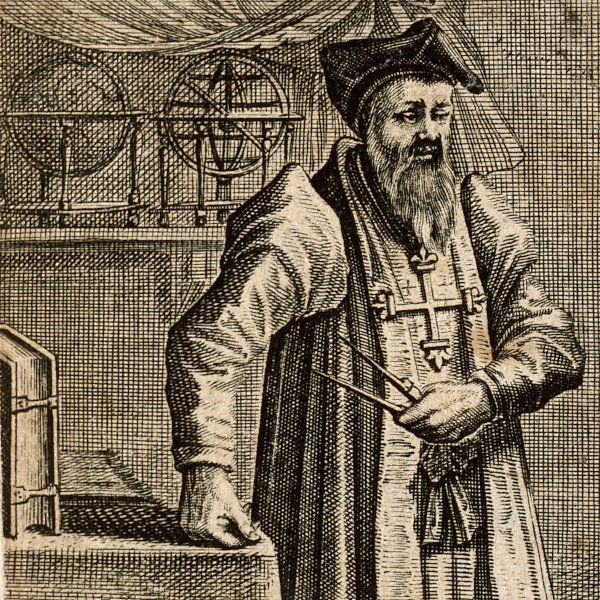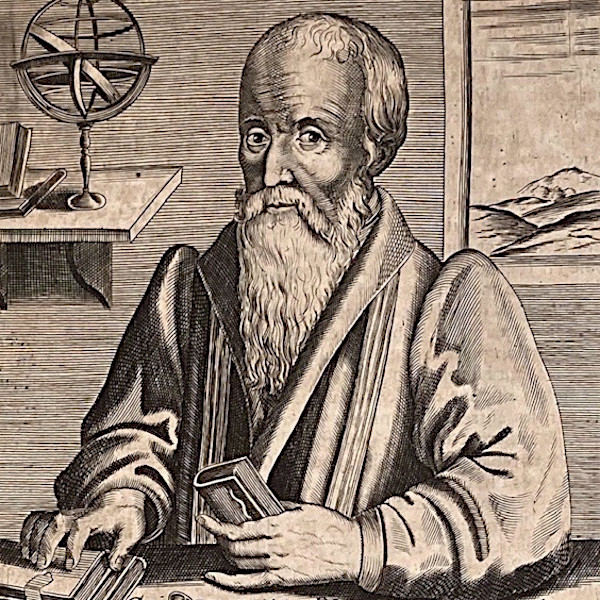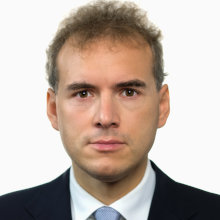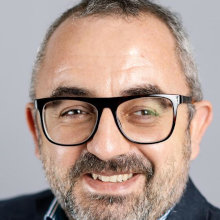Cookies Policy
Cookie Policy - pursuant to art. 13 of Regulation (EU) 2016/679
Below, we provide you with transparent information on the use of cookies on this website (hereinafter “Site”) in compliance with Directive 2009/136/EC and related provision of the Italian Data Protection Authority no. 229/2014.
Data Controller and Data Protection Officer (DPO)
The Data Controller is: Ca' Foscari University of Venice - Dorsoduro 3246, 30123 Venice (Italy) - www.unive.it .
Definition of “cookies”.
Cookies are short text strings (letters and/or numbers) sent from the Site and stored by your browser on the specific device you use (computer, tablet, smartphone) and contain information to be reused during the same visit to the site or a future visit, even days later. Cookies are stored on the basis of user preferences.
Furthermore, with the introduction of HTML5, various forms of local storage and similar technologies are available, such as web beacons, tracking pixels and transparent GIFs, which can be used to collect information on user behaviour and choices and on the use of the services.
In this document, to simplify, we will use the term “cookie” to refer to cookies and all similar technologies.
Types of cookies
Based on the characteristics and use of cookies, we can divide them into two macro-categories:
- Technical or session cookies. These are cookies essential for the correct functioning of the site and are used to manage the login and access to the reserved functions of the site. The duration of cookies is strictly limited to the work session (once the browser is closed, they are deleted), with the exception of cookies with a longer duration used exclusively to recognise, for a limited period, the visitor's computer/device - through an alpha-numeric code generated at the first login session. Disabling these cookies compromises the use of services accessed by logging in. The public area of the site can still be used as normal.
This category also includes what are known as “cookie analytics”, only if used in aggregate form to collect and analyse traffic and monitor the performance and use of the site anonymously. These cookies, even without identifying the user, detect, for example, whether the same user returns to the site at different times. They also monitor the system and improve its performance and usability. These cookies can be disabled without any loss of functionality.
These cookies can be used even without the consent of the person concerned. - Profiling and marketing cookies. These are permanent cookies used to identify (anonymously and non) user preferences and to improve their browsing experience by creating specific profiles and they are used to send advertising messages in line with the choices made by the user whilst browsing online.
The sites of the Ca' Foscari University of Venice use this type of third-party cookie only anonymously.
Pursuant to article 122, paragraph 1 of Legislative Decree 196/03 (“Privacy Code”), (in the formulation in force following the entry into force of Legislative Decree 69/2012), profiling and marketing cookies can be used only on condition that the user has expressed his consent after being informed using the simplified methods referred to in article 13 of the Privacy Code and of Regulation (EU) 2016/679.
Third party cookies
By visiting a website, you can receive cookies both from the visited site (“proprietary cookies”), and from sites managed by other organizations (“third parties”). Information collected by “third parties” is managed according to the relative privacy policies to which we recommend you refer. To ensure greater transparency and convenience, the web addresses of the various privacy policies and the procedures adopted for managing third-party cookies are shown in the table in the banner displayed when accessing the site.
Social Networks
The site uses special cookies called Third Party “pixels” or “beacons”, for example from Facebook, Twitter, Instagram or Youtube or other providers of social web services. These cookies allow Third Parties to acquire data on visits by users who are browsing the Ca' Foscari sites and to interact with these users directly on their preferred social networks. The University will not share any user browser information or data acquired through its website with social networks and web services.
Cookie duration
Some cookies (session cookies) remain active only until the browser is closed or the logout command is executed. Other cookies “survive” closing the browser and are also available on subsequent visits by the user. These cookies are called persistent cookies and their duration is set by the server when they are created. In some cases, an expiry date is set; in other cases the duration is unlimited. With the exception of cookies whose information is stored exclusively for technical purposes, the University of Ca' Foscari of Venice uses persistent cookies for technical and preference purposes.
However, by browsing the pages of our websites, you can interact with sites managed by third parties, who can create or modify permanent and profiling cookies.
Cookie management
- Preventively, via the banner displayed on first visiting the University website;
- Subsequently, by changing their preferences via the specific area of the site <<link>>;
- In general, via the browser settings.
Different browser settings can be applied for different websites and web applications. Furthermore, the best browsers allow you to apply different settings for “proprietary” and “third party” cookies. The options menu of the browser lets you manage the different types of cookies and eliminate existing cookies.
Warning: the total or partial disabling of technical cookies can compromise the use of the functions in the areas of the site reserved for registered users. On the contrary, public content can be used even if the cookies are completely disabled. Disabling “third party” cookies does not affect browsing in any way.
We also remind you that completely disabling cookies in the browser may mean the user is unable to use all the interactive features.
Check your behavioural or profiling cookies
It is possible to view the profiling / behavioral cookies present on your browser for tracking activities by visiting the address http://www.youronlinechoices.com
Disclosure and dissemination of data
The data collected using cookies can only be processed by specifically authorised personnel. Furthermore, such data may be disclosed to third parties only if specifically appointed as data processors, for the execution of certain services connected to existing relationships (e.g. consultants, service companies, web agencies).
The data collected using own cookies shall not be disseminated and will not be transferred to third parties. The data collected using third-party cookies may be transferred outside the European Economic Area (EEA), for the purpose of technical management of the data collected; this will only be performed in full compliance with Regulation (EU) 2016/679 (“GDPR”), to organizations subscribing to the Privacy Shield (USA) or to third countries for which the European Commission has recognised specific guarantees of adequacy or adequate guarantees of protection of personal data have been provided by means of agreements or contractual clauses (including the Binding Corporate Rules - BCRs- and standard contractual clauses).
Rights of the data subject
You can exercise your rights towards the Data Controller at any time, pursuant to articles 15-22 of the Regulation (EU) 2016/679, and in particular the rights of access, rectification, completion and, in the cases allowed, the right to data portability, in addition to the right to erasure, restriction of processing or to object to the processing of data for legitimate reasons and to oppose the automated decision-making process, including profiling, by contacting the Data Controller at the above address or by sending an email to the appointed DPO at dpo@unive.it.
In order to guarantee the protection of the personal data of the data subject, we may need to request further specific information to confirm the identity of the data subject and thus guarantee their right of access to the information (or to exercise any of the other rights) only to persons entitled to receive such communications. This is another security measure used to protect your personal data.
The request for access to your personal data (or to exercise one of the aforementioned rights) is free of charge. However, if the request is clearly unfounded or excessive, we may charge a reasonable expenses fee, taking into account the administrative costs incurred to provide the information, or refuse to fulfil the request in such circumstances.
Updating the Policy
The Ca' Foscari University of Venice shall keep this information constantly updated and shall ensure that the updated policy is published on the websites concerned.
Last update: March 2020






![Oscar de la Cruz Palma [CAT] Oscar de la Cruz Palma [CAT]](/fileadmin/user_upload/img/persone-no-unive/Delacruz-Palma-Oscar.jpg)